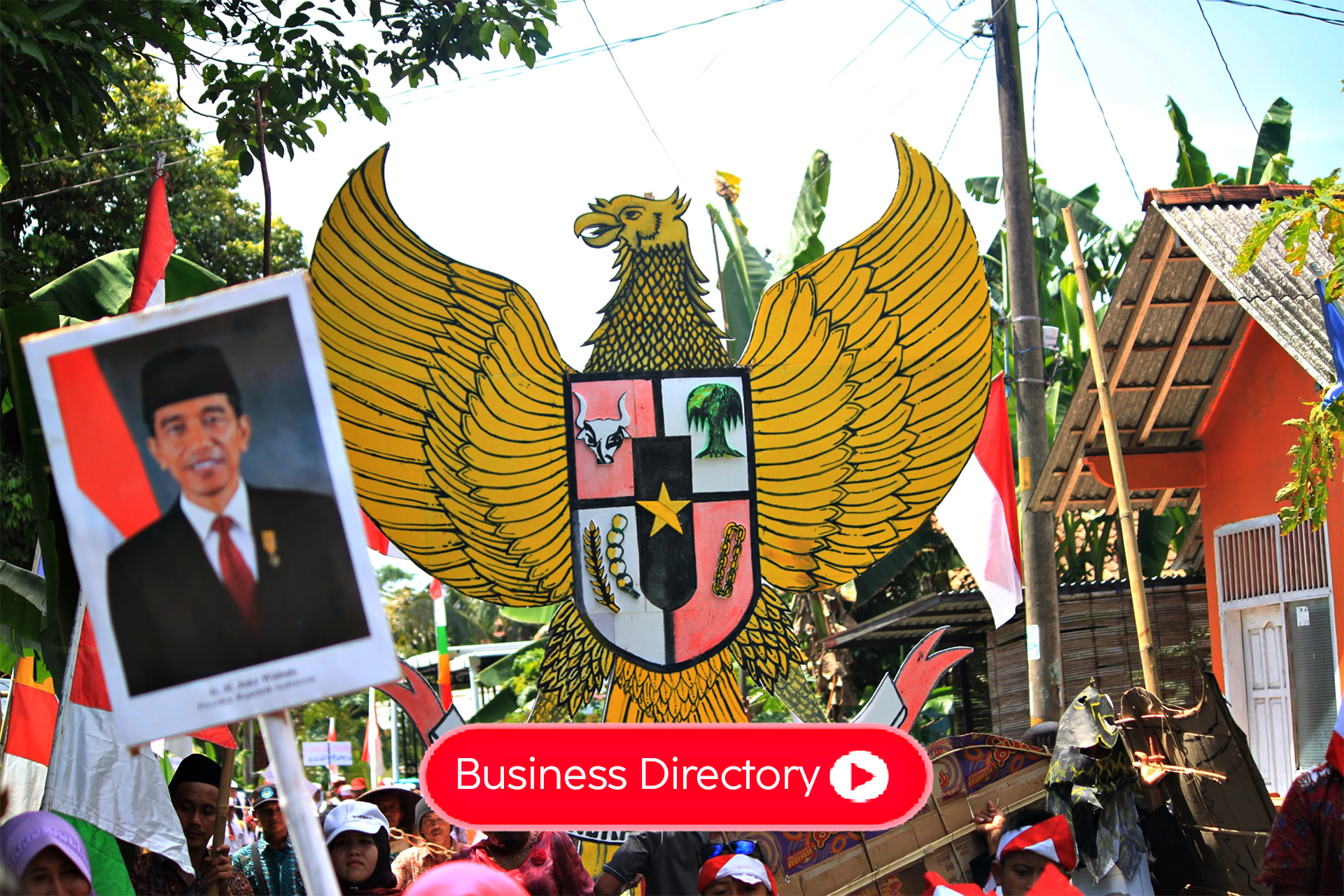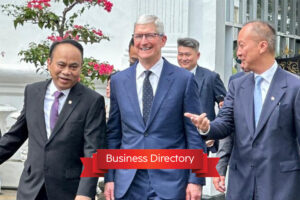The digital market in Indonesia has rapidly emerged as a substantial catalyst for economic growth in recent years. With an expanding internet user base and the continuous evolution of technology, digital platforms have ushered in significant business opportunities. One of the most recent trends to dominate the digital landscape is the phenomenon known as TikTok Shop, which ingeniously amalgamates elements from both social media and e-commerce. Regrettably, this innovative surge has subtly unfurled complex issues, prompting the government to contemplate the inception of new regulations for the digital marketplace.
TikTok Shop, alongside analogous applications, has swiftly transformed into the primary arena for online merchants to showcase their array of products and services. It seamlessly harmonizes the utilization of brief video content with the convenience of shopping within a singular platform. Nonetheless, this innovative wave has ushered in substantial challenges.
Among the predicaments that have come to the fore is the escalating disparity within the business sphere and the realm of competition, especially for the Micro, Small, and Medium-sized Enterprises (MSMEs) operating at the local level. Within the TikTok Shop ecosystem, larger corporations and global entities often wield a significant advantage concerning resources, brand recognition, and access to capital. This predisposes them to the effortless domination of the marketplace, potentially stifling the growth prospects of indigenous MSMEs.
In the midst of the rapid-paced evolution within the digital ecosystem, the exigency for comprehensive and well-suited regulations has never been more imperative.
Indonesia’s Pledge to Introduce Digital Market Regulations
Indonesian President Joko Widodo (Jokowi) has underscored the paramount need to safeguard Indonesia’s digital sovereignty, given the rapidly evolving technological landscape. The preservation of digital assets and the sustenance of locally-produced digital commodities are considered essential.
“We must ensure the preservation of our digital sovereignty and actively uphold the prominence of local content and products. Even if achieving 100% localization might be challenging, striving for at least 90% or 80% in terms of localized content is imperative. It is our responsibility to safeguard our digital assets, data, information, market accessibility, and all associated facets,” the President articulated.
In response to the President’s directives and considering the gradual repercussions of the digital market on various stakeholders, the Minister of Cooperatives and SMEs, Teten Masduki, in conjunction with M Afif Hasbullah, the Chair of the Business Competition Supervisory Commission (KPPU), have mutually concurred to craft regulations pertaining to the digital market, with the intent to foster a fair competitive landscape.
“Collaboratively, we shall formulate the framework for online commerce. From the perspective of market competition, the Ministry of Cooperatives and SMEs aspires to cultivate a balanced environment. Simultaneously, the KPPU shall take on the responsibility of monitoring potential indications of trade monopolies,” elucidated Minister Teten Masduki in his official statement in Jakarta on Friday, October 6, 2023, as cited from suara.com.
According to Minister Teten, the existing regulations currently lack the requisite robustness to effectively oversee the digital market. Predominantly, instances of inequitable treatment towards independent sellers have surfaced, including the practice of “shadow banning” within digital platforms.
Additionally, there is the overarching dominance of algorithms that are capable of diverting consumer attention towards products offered by the platform operators themselves or affiliated entities. Hitherto, platform operators have been proficient in executing discriminatory practices by meticulously analyzing traffic and consumer behavior through their proprietary technology. The primary objective of such practices is to encourage consumers to acquire products directly from the platform operators. Thus, the introduction of fresh regulatory frameworks for the digital market stands as an imperative governmental undertaking.
Moreover, Hanung Harimba Rachman, the Deputy for MSMEs at the Ministry of Cooperatives and SMEs, has highlighted that the forthcoming regulations for digital trade are predicated on the principles of protecting the interests of MSMEs, consumers, and e-commerce.
The government is actively revising Minister of Trade Regulation (Permendag) No. 50/2020 to address the intricacies of digital trade. Hanung notes that these new regulations are presently undergoing harmonization to ensure that diverse facets are seamlessly integrated.
Beyond the realm of regulatory adjustments, Hanung also elaborates on the government’s intentions to establish dedicated task forces to oversee digital trade.
Revising Regulations Concerning Indonesia’s Digital Market and E-Commerce
The revision of Permendag 50/2020 is necessitated by the shift in consumer shopping patterns from e-commerce to the burgeoning domain of social commerce, which has had a discernible impact on the sales volumes of MSMEs, TikTok included.
The underlying reason for this lies in the exceptionally low prices offered within this realm, which have the potential to trigger predatory pricing – a practice involving the sale of products below their cost price.
The revisions, as reported by Republika, explicitly govern the sale of products within the local marketplace and digital platforms or social commerce, stipulating that such activities necessitate permits and are subject to identical tax structures.
Furthermore, foreign digital platforms are explicitly proscribed from marketing products that originate from businesses with which they maintain affiliations. The rationale behind this prohibition is grounded in the extensive algorithmic capabilities embedded within social media platforms, which inherently facilitate the diversion of consumer interest towards products affiliated with their businesses.
In addition, the regulations establish a minimum price of $100 USD for imported products. This specific provision is designed to deter the influx of exceedingly cheap products that could disrupt the sustainability of domestic MSMEs.
With the introduction of these new regulations governing the digital marketplace, the domestic economy stands to gain greater protection. The primary objective is to ensure that Indonesia’s potentially vast digital market does not fall under the complete control of foreign entities.
According to data from the Bank of Indonesia, the value of e-commerce transactions in Indonesia for 2022 reached an impressive Rp476 trillion, with transaction volumes totaling 3.49 billion. This represents an 18.8% increase in e-commerce transaction values compared to the previous year, which amounted to Rp401 trillion.
Considering the remarkable growth in electronic commerce, it is imperative that digitalization benefits the local populace, particularly the players within MSMEs. The Indonesian online shopping market must offer prosperity to local businesses, as opposed to foreign producers. Furthermore, the government’s efforts to foster the growth of MSMEs in Indonesia would be compromised if foreign goods were to flood the market with ease.





 20% off today. Whatsapp us!
20% off today. Whatsapp us!